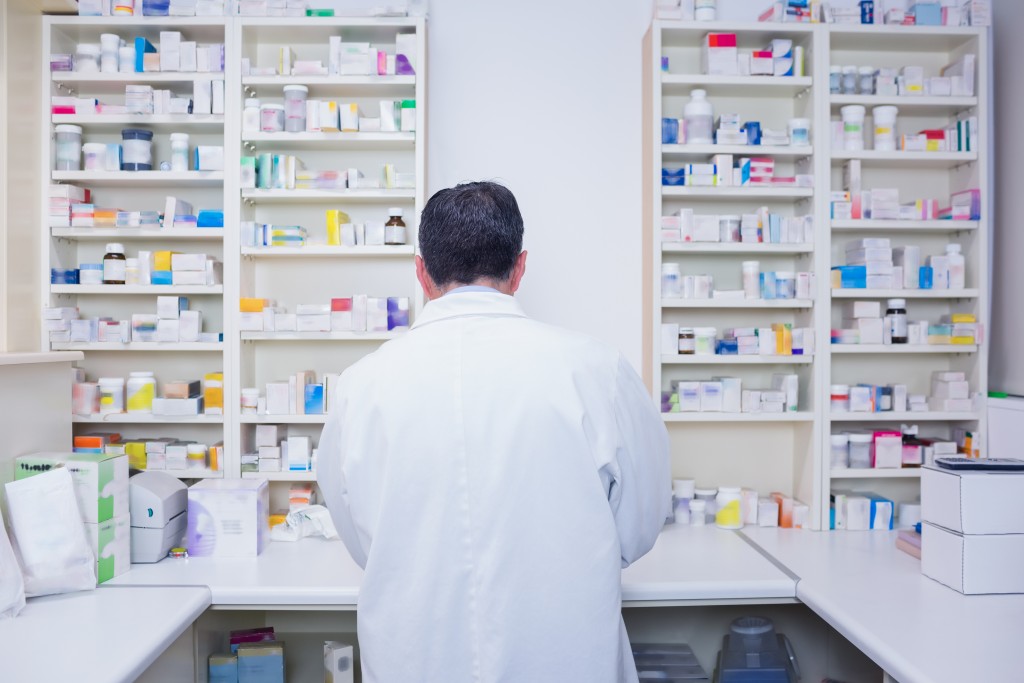Compounding pharmacy as creating a drug to cater for the individual needs of a patient has proved to be quite a revolutionary process today. A qualified pharmacist does the compounding in instances where a medication fails to meet patients’ needs. Compounding is particularly necessary for the patients who cannot tolerate the drug that is available. It also is applicable where the needed preparation or drug that the patient requires is no longer available.
As a compounding pharmacy in Stoney Creek notes, you can customise the strength of a dosage, or add flavour to a medication. You also can change the drug formulation to remove an unneeded ingredient like gluten, dye or lactose which can cause allergies to a patient. The pharmacist can further change a drug’s form to help patients with problem swallowing. This changing of form is also helpful for patients that experience discomfort after using oral medication.
But, How Does Drug Manufacturing Differ from Pharmaceutical Compounding?
Drug manufacturing produces drugs in massive numbers. The drugs are then sold to pharmaceutical outlets and any other authorized persons. Compounding happens at the pharmacy to cater to the exact needs of the prescriber and then dispensed to a patient directly. This latter case becomes acceptable only if the patient has a prescription that is valid. The process of compounding is either performed by a licensed pharmacist or done under his/her supervision.
Are All Pharmacies Compounding Pharmacies?
The answer to that is both a Yes and No. To some degree, any pharmacy can offer drug compounding services. Ideally, every licensed pharmacist has learnt to compound at a basic level during training. But, it is only at those pharmacies which have invested in training and equipment that their compounded drugs will be most efficient. Unguator machines are primary equipment for this process for mixing creams perfectly. Other tools include grinding tools, liquid-measuring cylinders, and mixing spatulas. With these different types of equipment, pharmacists can prepare compounded drugs for patients. But, that is not without the necessary training, too.
Who Regulates These Compounding Pharmacies?

Regulation of compounding pharmacies is a responsibility of the nation’s pharmacy board. Respective private organisations also have a role in offering oversight to these pharmacists. Therefore, pharmacies engaging in drug compounding should operate with authority from these authorities. Pharmacists engaging in compounding need to also follow the applicable standards too for the drugs that they are working on. The relevant standards cover practice standards for chemical purity and the necessary ingredients. The standards also include regulation for quality and strength and dietary supplements. The main focus here is ensuring that every compounded mixture is safe for use by the patients, considering the age, and medical condition.
Conclusion: Confirm the Compounding Pharmacy’s Licence
Do not leave to chance to confirm whether the pharmacy that is creating your compounded drug has the necessary licensing. That is the responsibility of every patient, recommends a compounding pharmacy in Stoney Creek. Yes, you must ensure that the pharmacy which you choose to go to has the legal accreditation for compounding. From AACPCRX’s site, you can search by province or the services that they offer to ascertain that pharmacy’s accreditation.




